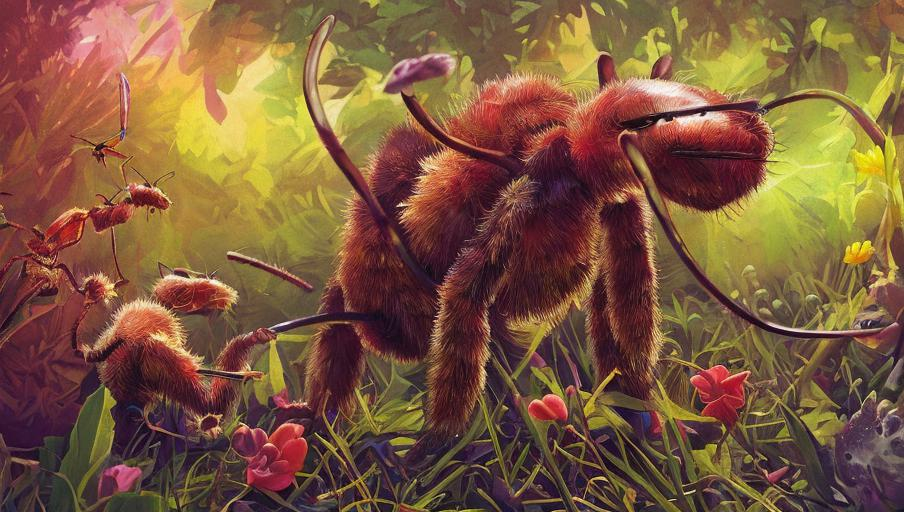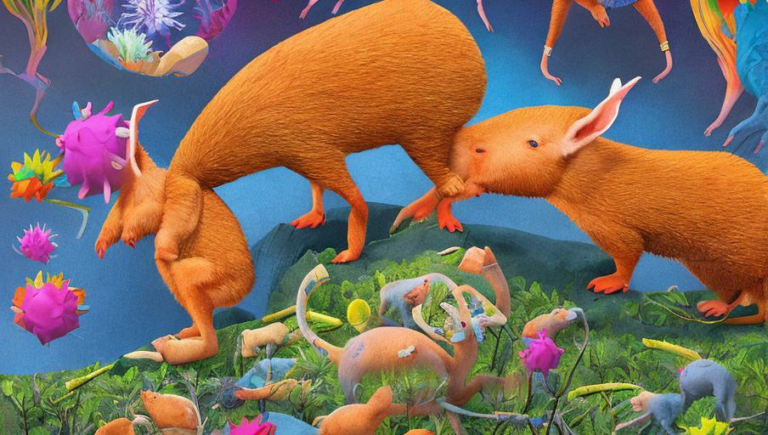Examining Ant Diet and Nutritional Needs

Introduction
Ants are a diverse and fascinating species of insect. They are found in many different habitats and environments, including forests, deserts, and urban areas. While ants are small, they are extremely important to their local ecosystems. They are essential for the health of the soil, for pollination, and for the decomposition of organic material. As such, it is important to understand the role ants play in their habitats and the types of food and nutrition they require to survive and thrive.
Ant Diet
Ants are omnivorous, meaning they eat both plants and animals. They prefer sweet, sugary foods, such as nectar and honeydew, but they also consume other insects, as well as dead animals. In addition, some ant species have a taste for fungi, seeds, and grains. Ants have also been known to scavenge for food, so they can often be found in human garbage and compost piles.
Nutritional Needs
Ants require a variety of nutrients to remain healthy and to reproduce. Protein is essential, as it helps ants build and maintain their bodies. Carbohydrates are also important, as they provide energy for the ants. In addition, ants need lipids and vitamins for various cellular processes. Minerals such as calcium and magnesium help ants build their exoskeletons and to stay strong.
How Ants Obtain Nutrition
Ants obtain nutrition in a variety of ways. They can forage for food and scavenge for scraps, or they can hunt and feed on other insects. Ants can also cultivate fungus to supplement their diets or harvest nectar from flowers. Some ant species have even been known to farm aphids, which they use to collect honeydew, a sugary liquid secreted by aphids.
Conclusion
Ants are an essential part of our ecosystems, and understanding their diet and nutritional needs is essential for the proper management of their habitats. Ants are omnivorous and require a variety of nutrients to remain healthy. They obtain nutrition in a variety of ways, such as foraging, scavenging, and hunting. In addition, some ant species have been known to cultivate fungus and harvest nectar from flowers. By understanding the various ways in which ants obtain nutrition, we can better understand their role in their ecosystems and work to protect them.





